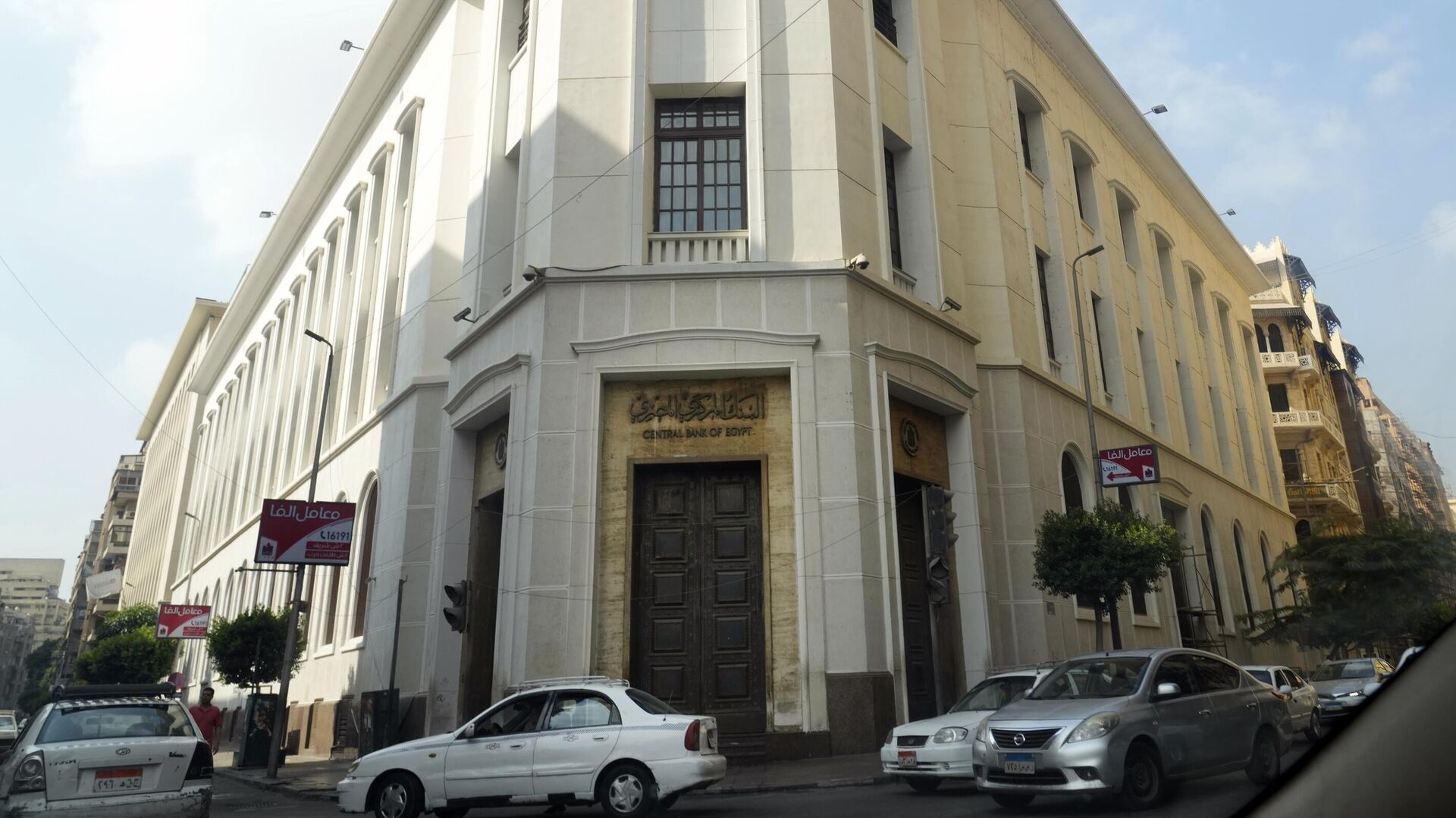https://sputnikglobe.com/20221231/egypt-lifts-import-conditions-increases-private-sector-role-to-get-imfs-3-bln-support-media-1105923933.html
Egypt Lifts Import Conditions, Increases Private Sector Role to Get IMF's $3 Bln Support– Media
Egypt Lifts Import Conditions, Increases Private Sector Role to Get IMF's $3 Bln Support– Media
Sputnik International
Egypt approved several changes to its economic policy in order to meet the requirements attached to the International Monetary Fund's $3 billion financial support package, media report.
2022-12-31T06:43+0000
2022-12-31T06:43+0000
2022-12-31T06:43+0000
africa
north africa
egypt
economy
import
imf
finance
https://cdn1.img.sputnikglobe.com/img/07e6/0c/1e/1105925168_0:450:2841:2048_1920x0_80_0_0_db76d1d8b819b6e6aafe6cd27cdbb507.jpg
Egypt approved several changes to its economic policy in order to meet the requirements attached to the IMF's $3 billion financial support package, media report. The central bank declared that it dropped a condition necessitating that importers use letters of credit. The requirement, introduced in February to combat the outflow of capital, had led to an import backlog.According to the central bank, now that the decision is canceled, imports can be allowed based on just a set of submitted documents. Earlier this week, the North African country's officials declared that they were preparing measures to tackle the import backlog. Additionally, Egyptian President El-Sisi announced that in several days banks would provide help to secure the needed foreign currency.The government also approved a list of 62 yet-unspecified economic activities to be passed to the private sector by the state. In May, Egyptian officials outlined future privatisation steps, listing a number of state assets that were planned to be offered to private investors. The sectors mentioned included data centers and electric vehicles, as well as oil and gas networks.In 2022, Egypt has been facing a foreign currency shortage as well as fastest inflation growth in almost five years, fueled by national currency devaluation. Since March, the illegal currency market activised after the Egyptian pound dropped in value of against the US dollar by around 60%. On the black market, the exchange rate is roughly 1.5 times higher than the official one.
africa
north africa
egypt
Sputnik International
feedback@sputniknews.com
+74956456601
MIA „Rossiya Segodnya“
2022
News
en_EN
Sputnik International
feedback@sputniknews.com
+74956456601
MIA „Rossiya Segodnya“
Sputnik International
feedback@sputniknews.com
+74956456601
MIA „Rossiya Segodnya“
egypt finance, egypt pound, egypt import, egypt central bank, egypt imf
egypt finance, egypt pound, egypt import, egypt central bank, egypt imf
Egypt Lifts Import Conditions, Increases Private Sector Role to Get IMF's $3 Bln Support– Media
Egypt secured the 46-month financial support from the International Monetary Fund earlier in December. Lifting import curbs was among the key requirements for receiving the aid provided by the IMF.
Egypt approved several changes to its economic policy in order to meet the requirements attached to the IMF's $3 billion financial support package, media report.
The central bank declared that it dropped a condition necessitating that importers use letters of credit. The requirement, introduced in February to combat the outflow of capital, had led to an import backlog.
According to the central bank, now that the decision is canceled, imports can be allowed based on just a set of submitted documents.
Earlier this week, the North African country's officials declared that they were preparing measures to tackle the import backlog. Additionally, Egyptian President El-Sisi announced that in several days banks would provide help to secure the needed foreign currency.
The government also approved a list of 62 yet-unspecified economic activities to be passed to the private sector by the state. In May, Egyptian officials outlined future privatisation steps, listing a number of state assets that were planned to be offered to private investors. The sectors mentioned included data centers and electric vehicles, as well as oil and gas networks.
In 2022, Egypt has been
facing a foreign currency shortage as well as fastest inflation growth in almost five years, fueled by national currency devaluation. Since March, the illegal currency market activised after the Egyptian pound dropped in value of against the US dollar by around 60%. On the black market, the exchange rate is roughly 1.5 times higher than the official one.


